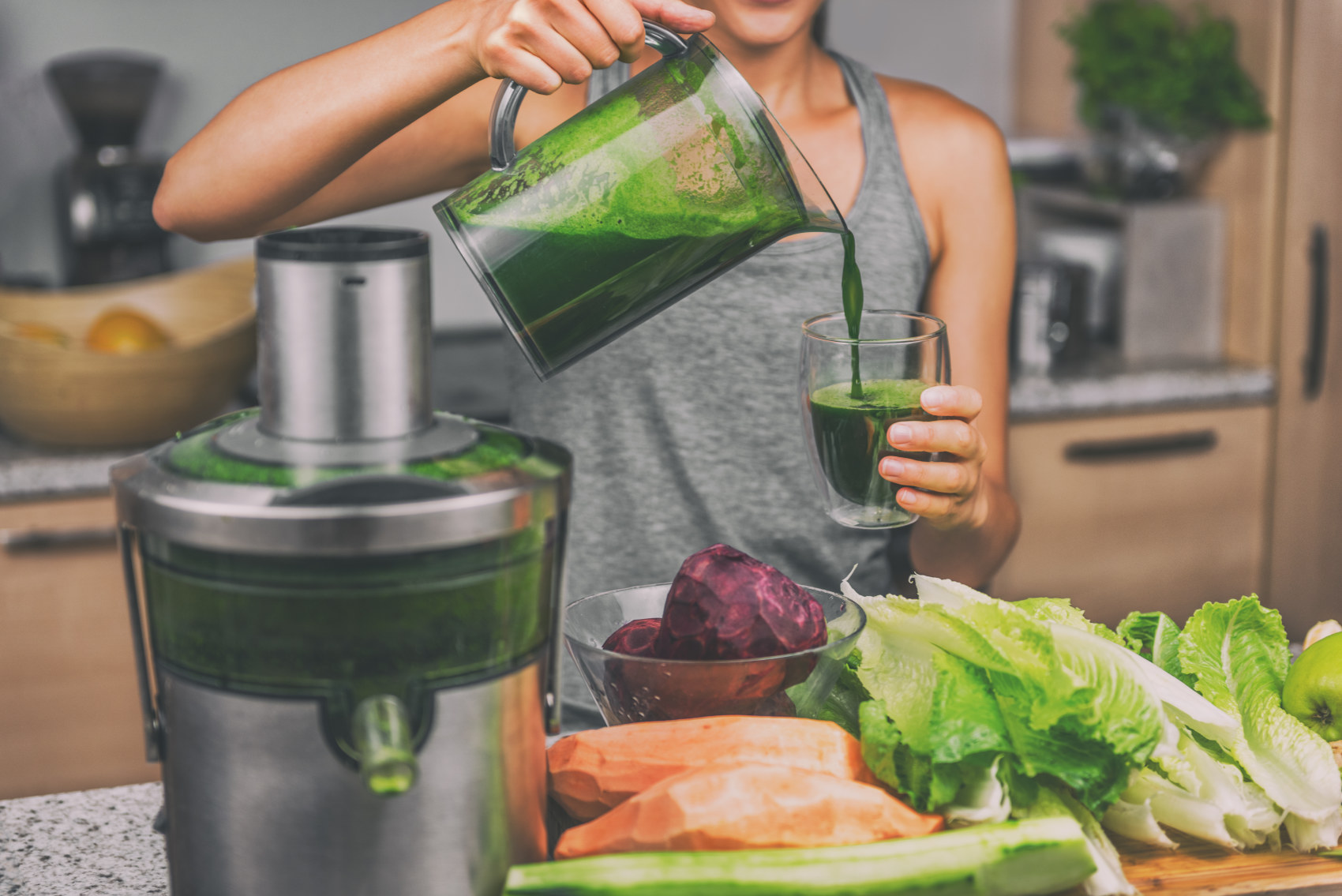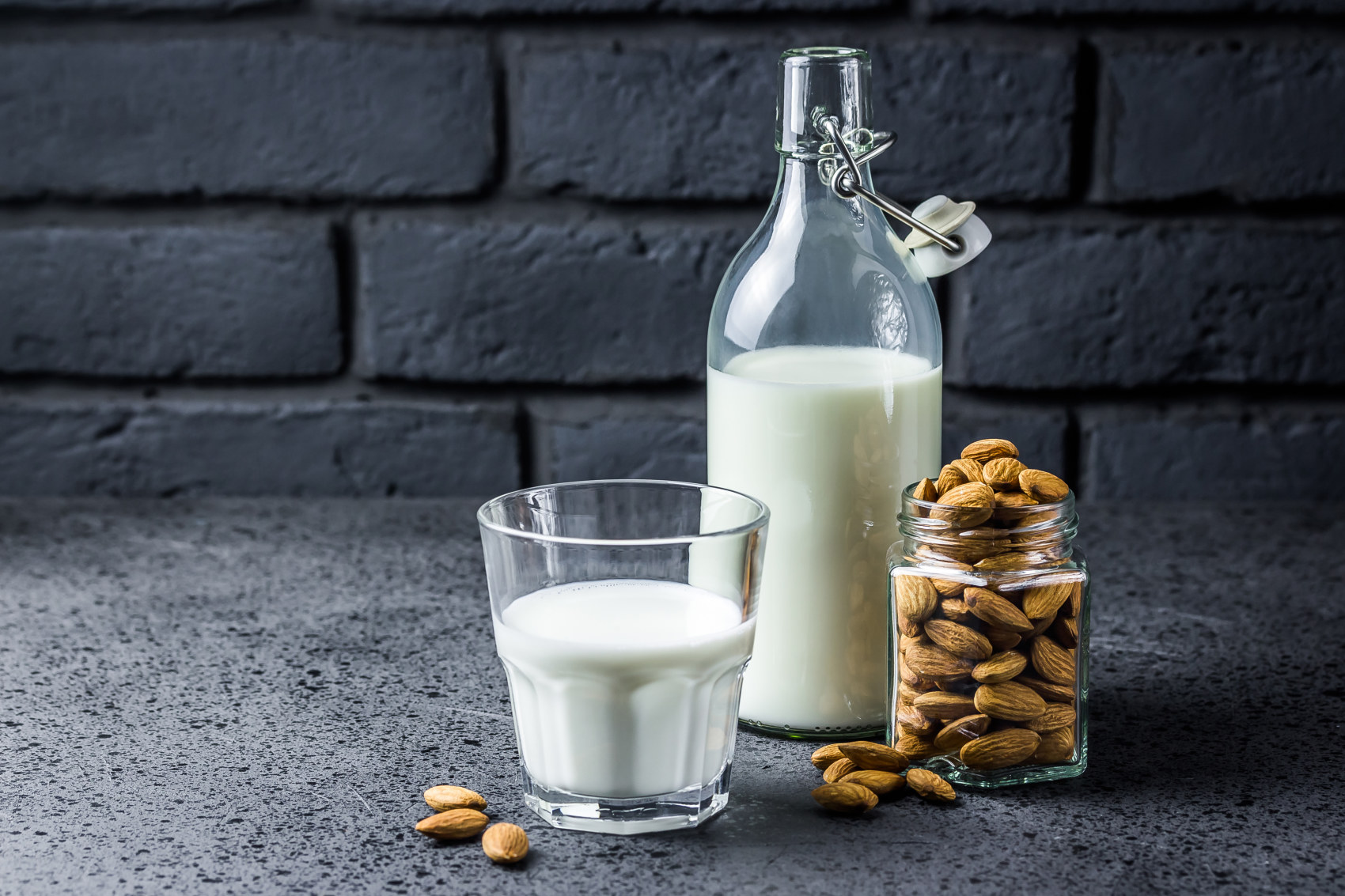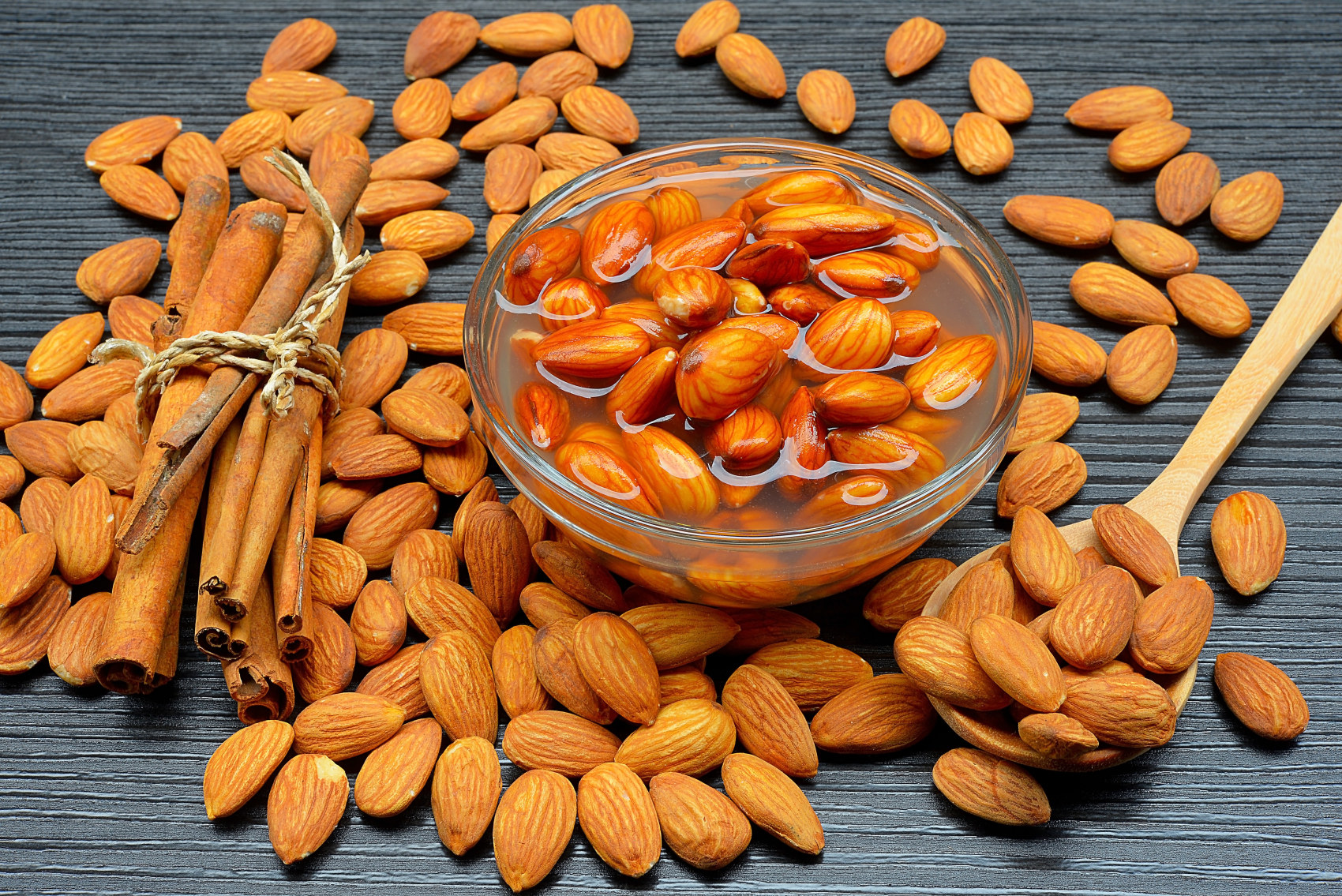
How plant-based living can give you the clear skin of your dreams
Acne is not fun, anyone who’s had it can attest to that truth. Its prevalent in nearly 10% of the world’s population, which makes it the 8th most common disease worldwide.
The treatment and prevention of acne is a multi-billion dollar industry, with extremely impressive results happening in recent years, but the one are that still remains uncertain is the complex relationship between acne and diet.

Some people swear their acne disappears when they eat a certain way, others find no such pattern exists for them, and up until recently, research evidence was inconclusive on the issue.
Low Glycemic Plant-Based Foods Decrease Acne Flare-ups
Here’s the truth as backed up with the most recent clinical evidence: there is no standardized set of rules that will make your acne disappear overnight. Everyone’s skin is different; each person will need to find the balance between medication and lifestyle adjustment that works for their own acne.
Having said that, a number of clinical studies have found strong evidence that links certain types of food with an overall improvement in acne frequency and severity.
The key point of the above is that sugar leads to inflammation, which leads to acne blow-ups. So, avoid things that spike your blood sugar.
Researchers compared different groups of adolescents with acne, with one group strictly adhering to a diet comprised of Low Glycemic Index foods such as beans, vegetables and complex carbohydrates for the duration of the study. It was found that this group reported significantly improved acne at the end of the study when compared with the other (control group) that was allowed to eat freely.
It’s worth mentioning that both groups of adolescents were following medical treatment regimens for their acne during the study period.

High glycemic foods include almost all processed carbohydrates like white breads, pastas and sugary snacks and drinks.
Low glycemic foods include things like brown rice, legumes and vegetables in addition to complex sources of carbohydrates like fruits, oats and multigrain bread.
In another landmark survey conducted on 2500+ people following a low glycemic index diet, it was concluded that nearly 87% of people who followed this diet reported improvements to their skin.
This proves, once and for all, the correlation between what we eat and how our skin fares. You might be thinking “well I can be low-glycemic, who cares about vegan?” Read on.
Vegan diets help improve polycystic ovary induced acne
Polycystic ovarian syndrome (PCOS) is a condition wherein little tiny fluid filled sacs grow in the ovaries, and cause hormonal over secretion, namely an overproduction of testosterone which causes ovulation irregularities, infertility as well as weight gain, hirsutism and acne.
While the specifics behind the relationship between a low glycemic index diet and improvements of PCOS related acne are not yet understood, a reason for this could be due to the low glycemic diet’s effect on stabilizing hormones, which are a key player in the etiology of PCOS induced acne.
Low glycemic index vegan diets stabilize insulin production in Polycystic Ovarian Syndrome, leading to better hormonal balance, leading to better skin
The body’s natural response to eating is to release a surge of insulin, the hormone responsible for mobilizing glucose into the cell to be burned off as energy.
Insulin also has a role in increasing the production of the male sex hormone testosterone, and in PCOS (where there is an overproduction of testosterone), that means that the less rapidly insulin surges in the blood, the better.
Eating a low glycemic index vegan diet can achieve this effect by reducing the overshot of insulin at meal-time, and thus stabilizing testosterone levels.

A pleasant side effect of the low glycemic index vegan diet on women suffering from polycystic ovarian disease is its ability to reduce body weight, which further helps with acne as studies seem to suggest.
Again, this is theorized on the basis of the beneficial relationship between medication that improves the body’s ability to process glucose, mobilize it into the cells of various tissues and burn it as energy as opposed to storing it as subcutaneous fat.
These medications regulate the blood sugar, and a low glycemic diet, especially a vegan diet, is naturally high in complex sources of carbohydrates which give off their sugars gradually and do not prompt a spike in the serum glucose, further aggravating the body’s intolerance.
Plant milks and vegan cheese can help you get clear skin
The old myth that dairy gives you acne has refused to die away, and it seems there might be a good reason why.
Recent studies taking a closer look at the relationship between consumption of dairy products and worsening of acne have proved the strongest positive trend yet.
These studies relied on retrospective surveying methods; that is, asking groups of men and women about their past adolescent acne (in terms of severity, medical treatment) and dairy consumption.
It was found that the group who reported the most severe acne also reported the highest consumption of dairy products, especially, oddly enough, skim cow milk as the worst offender.
The reason behind this correlation is the potential hormone load found in dairy milk, particularly growth hormone. This, of course, stands to reason when you consider that cow milk was originally intended by nature to nourish and grow a small calf into a large bull or cow, and not for the consumption of human children who have significantly smaller caloric and nutritional demands by comparison to cows.
A vegan diet offers not only the chance to replace all dairy products with much healthier alternatives that are lower in trans-fat and offer no added hormonal interference.

They also help prevent the risk of low calcium levels you run by simply avoiding dairy altogether, and not bothering to replace it with something else. Most commercially available plant milks are fortified with iron, calcium and vitamins (incidentally, so is dairy milk; it’s not some miracle of complete nutrition!). Not to mention there are plant-milks that are naturally high in calcium, like almond milk.

A single serving of almond milk can contain as much as 45% of your recommended daily intake of calcium.
Think of diet and skin as a complex relationship – there’s no “one thing” that’s important
When it comes to caring for your acne, there really isn’t a one size fits all approach. Doctors stress topical or oral medical management for acne as the mainstay of treatment, but perhaps altering your diet to one that is lower in glycemic load may just prove to be the key to the clear skin of your dreams.
In addition, a diet that is loaded with vitamins, minerals, and phytonutrients will give your skin what it needs to stay healthy, strong, and shine beautifully…just don’t forget daily sunscreen and moisturizer!



